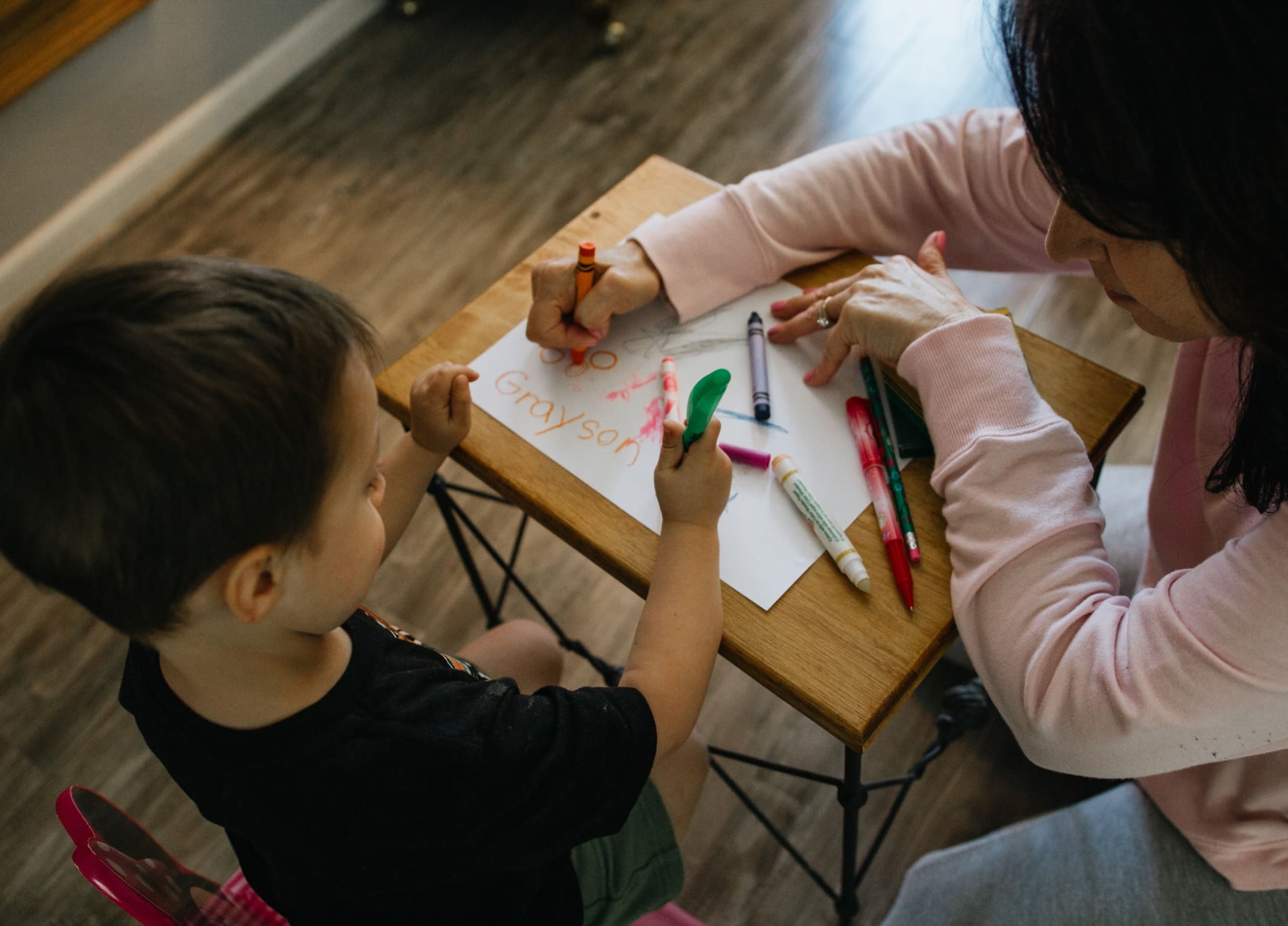Why do We Hire Early Childhood Educators?

It takes the passion, knowledge, and skills of an early childhood educator (aka ECE) to sculpt children’s wellbeing, needs, and development. ECEs are trained to comprehend children’s feelings and emotions, boost their confidence, and pinpoint their strengths. Here are some elaborate ways an ECE or ECEs are collectively helpful when your child goes to a high-quality child care centre like Choo Choo Train:
- ECEs are experts in children’s development
ECEs are trained to observe, assess, and document children’s development, making them able to detect any developmental delays as well as cognitive, social, and emotional difficulties. ECEs recognizes each child’s strengths and interests and adapt the environment and activities to suit their needs and preferences.
- ECEs build positive relationships with children
Children thrive on positive relationships where they feel safe and cared for. ECEs engage in children’s play, ask questions, attain to their needs and likes, while also looking out for their wellbeing. This in turn sets children to build positive relationships with other children.
- ECEs offer socialization with people outside children’s home
Child care centres with ECEs are beneficial for children to grow, learn, and expand their view of the world as they socialize with people other than parents and siblings. ECEs can create a welcoming environment that make children comfortable and feel just like at home.
- ECEs teach children cooperation
A child care setting requires children to learn to cooperate. ECEs teach children how to play with one another by modelling sharing and turn-taking, as well as saying please and thank you.
- ECEs have a lot of patience
Each teacher has a group of children to handle and each child has their own feelings and emotions. ECEs are trained to be patient and be sympathetic to children.
- ECEs develop a strong sense of wellbeing
From play time to meal time and taking naps, ECEs consistently look out for children’s wellbeing and ensure they are practicing healthy habits such as washing hands before and after every activity, gargling and drinking water after every meal, and putting on sunscreen before going out.
- ECEs promote inclusivity and diversity
ECEs are trained to accept and embrace children from diverse backgrounds and learning differences. They are responsive to children regardless of race, religion, and developmental needs.
- ECEs offer engaging and meaningful activities
Other than planning for fun educational activities, ECEs can make any activity meaningful and engaging for children. For example, while eating lunch ECEs can ask children if they like the food and shares how the ingredients are beneficial for health.
- ECEs teach self-regulation
ECEs are trained to manage their emotions which makes them a pro at modelling self-regulation. They hold back from punishing dysregulated behaviours and teach children the skills they need to regulate themselves.
- ECEs encourage self-help skills
Self-help skills such as dressing and eating are taught and encouraged at a young age from infancy. ECEs guide children to do these things on their own while always being there to assist.